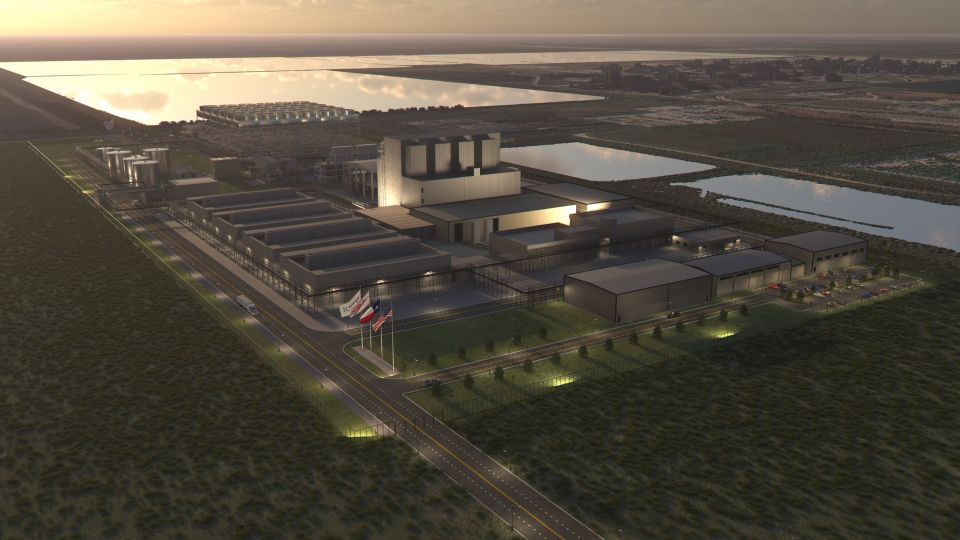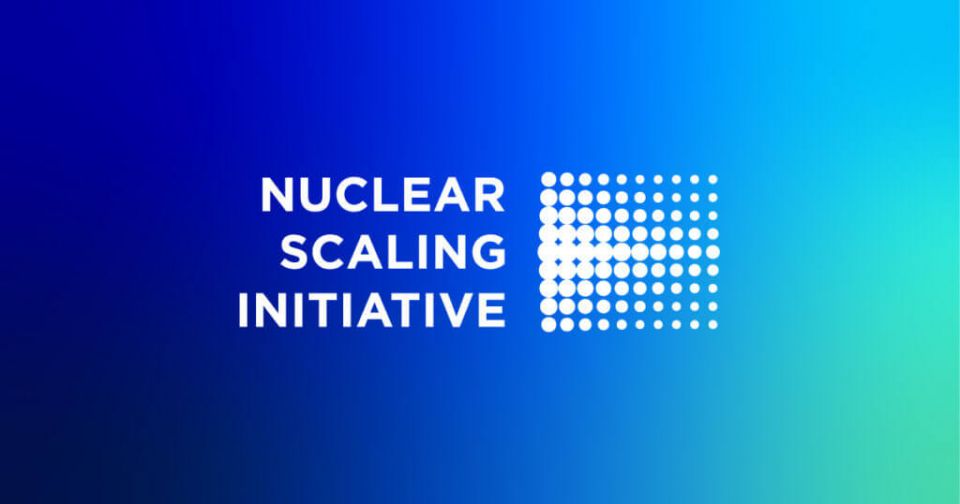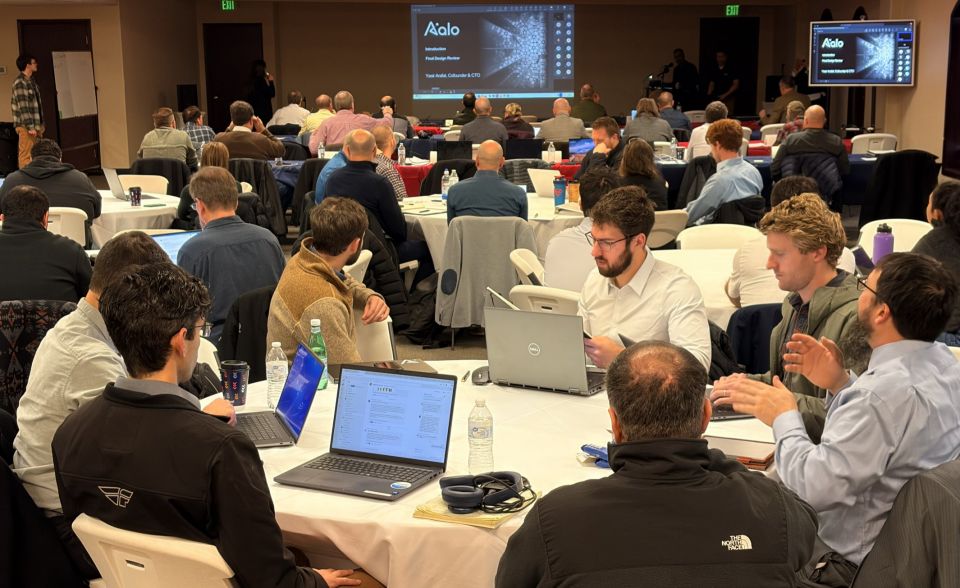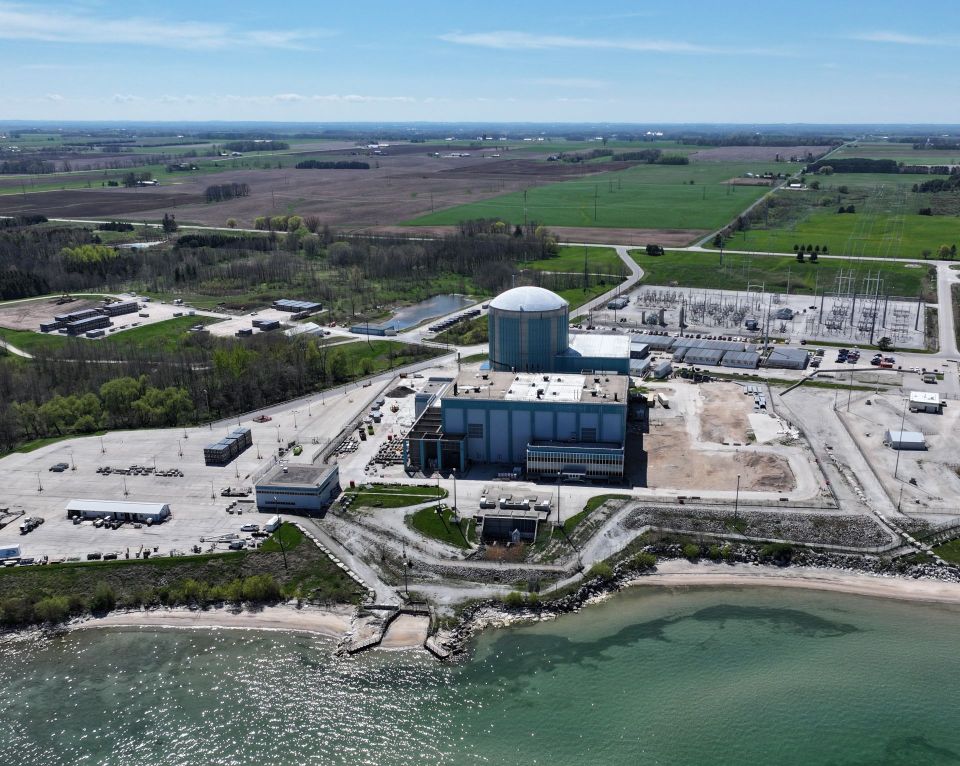Opinion: The overruling of the Chevron doctrine—A call for proactive engagement by technical organizations
The recent decision by the U.S. Supreme Court to overturn the Chevron doctrine marks a significant shift in the landscape of federal decision-making. For more than 40 years, this doctrine has provided a framework wherein courts deferred to federal agencies’ interpretations of ambiguous laws in recognition of the specialized expertise these agencies bring to policy and regulatory development.

-3 2x1.jpg)




